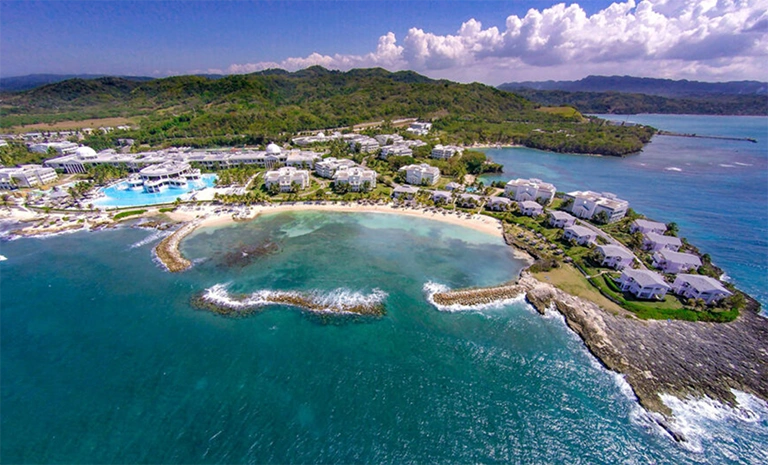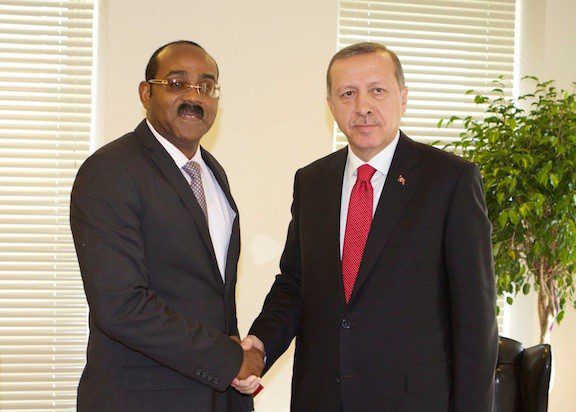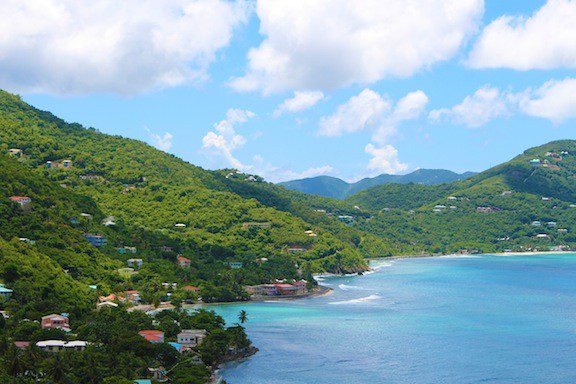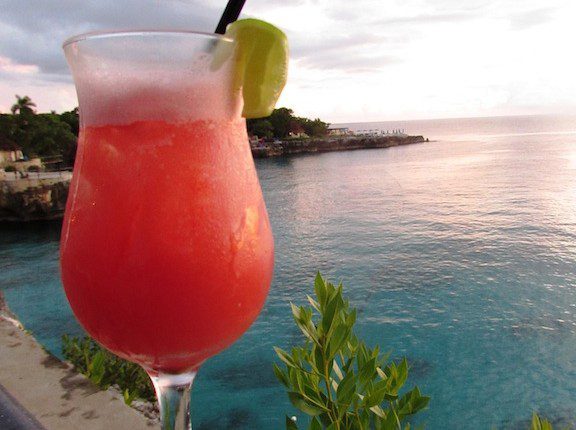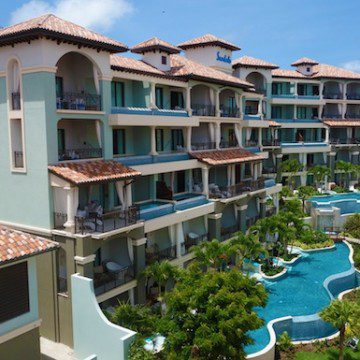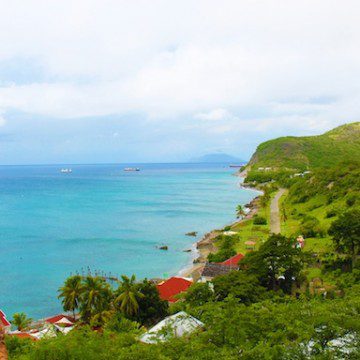The Caribbean’s Air Transport Challenge

By Kareem Yarde
Op-Ed Contributor
This piece is informed by recent academic research which I conducted on aviation liberalization in CARICOM (Caribbean Community).
There have been attempts in CARICOM towards aviation liberalization so that the region could also achieve the potential benefits that accrue globally from this process.
Essentially, it is a process of reducing government control and involvement in the industry.
Further, there have also been numerous studies conducted with the intention of creating a more viable regional air transport environment.
However, in our seemingly traditional Caribbean fashion, these appear to date to be substantiated most significantly by their proclivities to be dust collectors and bookshelf occupiers.
In spite of this though, it is necessary that this critical analysis also acknowledges that some attempts are being made at improving the situation, by way for example of revisions to the CARICOM multilateral air transport agreement, the establishment of the CTO aviation task force, the CARICOM air transport committee etc.
Some may proclaim that these attempts at fuelling progress may be nothing more than superficial. However, time will be the best judge of the veracity of that position. This brings us to where we are today.
There have been numerous protests about the air transport environment in CARICOM from numerous quarters; and the improvements which proponents may propose have occurred do not seem to be substantive enough.
As a result, the publicly owned airlines have continued to rack up losses. Advocates — not necessarily of these losses, but rather of continued government ownership of the regional airlines- have argued, and continue to argue, that the vital role played by airlines in the region cannot be left to the whims and fancies of the private sector.
There is overwhelming evidence that this direct government involvement in the carriers has led to political interference in these airlines. To refute that claim is to bury one’s head in the proverbial sand as there are enough examples to provide sound testimony.
This political interference and protectionism has also created a situation where carriers owned by more than one shareholder government are challenged to try to provide benefits for these various shareholder governments commensurate with their diverse political motives.
As a result of this dynamic, other smaller regional air carriers perceive the larger regional airlines as being predators and are resistant to the ramifications and retaliations that they perceive will ensue if they challenge these government supported carriers.
The challenge this creates is that it constrains the growth of these carriers and new carriers into the market as they attempt only to do what is necessary to sustain their operations because of the potential retaliation they proclaim ensues from the government supported carriers. As such, they do not attempt to grow. I propose it to be a reasonable contention therefore that this is a significant challenge to the potential success of any attempt at aviation liberalization in the region.
This is not a pronouncement on whether or not there should be government ownership in regional carriers. Singapore airlines is perhaps an epitome of the reality that governments can own successful air carriers. However, examples of political interference in that carrier are certainly not prolific like those we can point to in CARICOM and other government owned carriers globally. In fact, the Singapore government famously exposed the carrier to significant competition through adopting very liberal aviation policies and declaring that the carrier would receive no further subsidies or protection from government and would either survive or fail on its own volition (Ramaswamy 2004).
So this analysis is not a position of privatising the profits and nationalising the losses of regional airlines. Those who readily make that charge are missing the salient point herein which is more concerned with the eager readiness of regional governments to interfere in the regional aviation environment for political reasons.
Thus, I believe a regulatory liberal aviation environment in CARICOM is not the entire solution to our problem. We have to go a bit beyond that. It is necessary that governments which own carriers provide those carriers genuine autonomy. When the governments have control and influence in carriers, they possess the ability to interfere in the process beyond regulative policies. This provides the ability for them to also interfere commercially in the aviation process; through for example ‘dumping’ excess capacity on potentially profitable routes to suppress competition.
To those who quickly rush to the dig up the sanctimonious enquiry of “Why would governments want to prevent competition?” I think it is incumbent upon us to be critical and not be emotionally charged political torchbearers. Suffice it to say therefore, there are clear political benefits for the continued existence of government supported carriers such as employment, maintaining market access etc.
In summary, if it is that the governments can maintain their ownership without attempting to interfere politically in the aviation process then maybe we stand a real chance of creating an environment that is truly competitive, giving rise to the efficiencies which can be derived from competition.
If not, and even if we are someday able to have advanced regulatory liberalization in theory, I propose that the political interference at the commercial level will continue to undermine its effectiveness.
Kareem Yarde is the Founder and Creative Strategist of Tourism Analytical Services- a new online based global special projects tourism consulting firm, and a recent graduate from the Hospitality and Tourism Management Programme of the University of the West Indies, Cave Hill Campus. He can be reached at kareemyarde@gmail.com.
Note: the opinions expressed in Caribbean Journal Op-Eds are those of the author and do not necessarily reflect the views of the Caribbean Journal.
